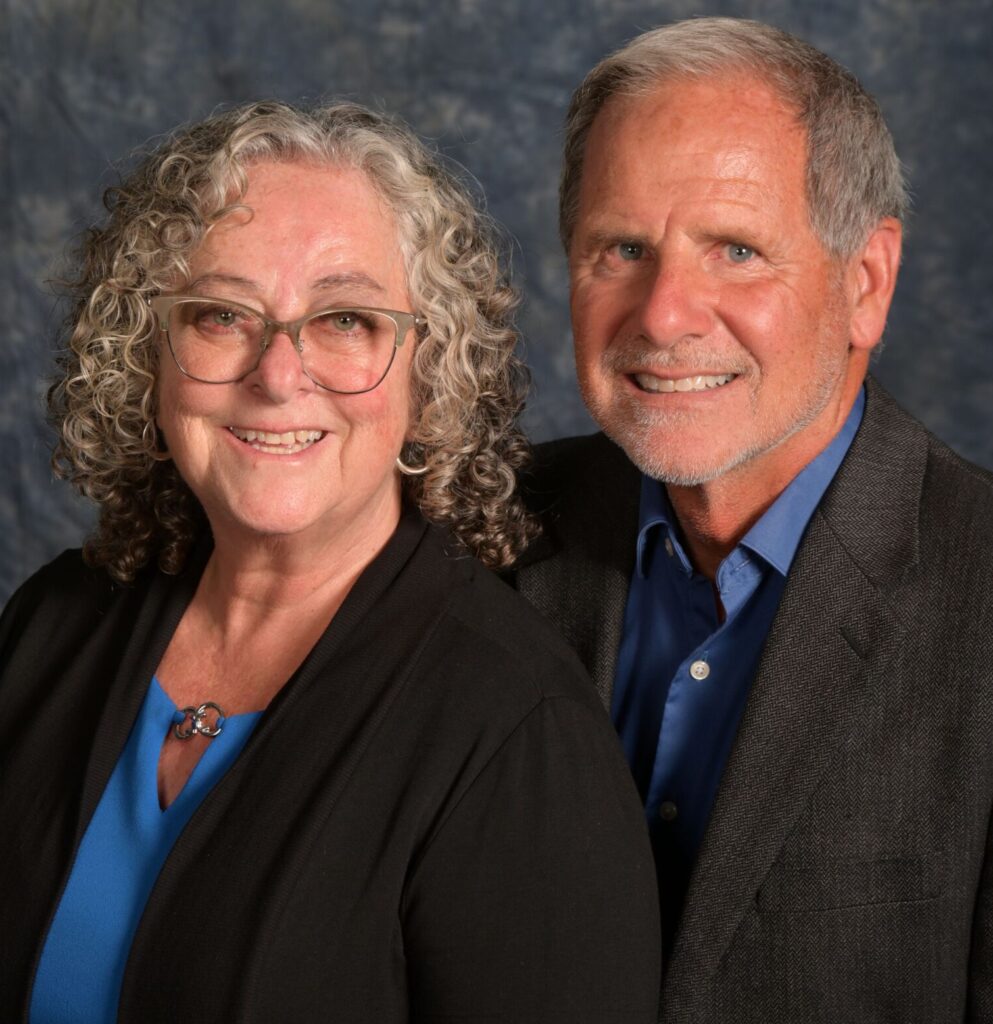What is Kehilat Ariel?
Our vision is to build a synagogue community with a Jewish expression of faith in Yeshua the Messiah. This is inclusive of all people, both Jews and non-Jews, who wish to explore the reality of Yeshua (Jesus of Nazareth) as the promised Messiah of the Jewish Scriptures. As a Messianic Jewish Synagogue, we also hold to the essential doctrines of all the Scriptures (both Tanakh and New Testament) such as mankind’s need for spiritual redemption and the provision of God through the life, death, and resurrection of Yeshua as the Messiah (Isaiah 53, Hebrews 9). We love to express our faith by continuing in our beautiful Jewish heritage and including Yeshua in our spiritual understanding. As he taught, he did not come to abolish the Torah but to fulfill (Matthew 5:17-18).

For us, the Messianic Synagogue is a practical way to express the New Covenant faith within the Jewish cultural framework from where it originated. Please join us for one of our inspiring services!
WHY BE PART OF A MESSIANIC SYNAGOGUE?
By Rabbi Barney Kasdan
We live in a day of amazing religious diversity and options. Many are drawn to varying alternatives from the eastern and metaphysical traditions. In the Judeo-Christian world, there are a plethora of options of both churches and synagogues. While many would claim a personal, spiritual faith today, it often does not translate into involvement in any religious community. With this almost unending array of choices, why would a person (Jew or non-Jew) choose to affiliate with a messianic synagogue? Since founding Kehilat Ariel in November of 1981, I have seen some compelling reasons.
First, a messianic synagogue enables a Jewish person to continue in their rich heritage even while they embrace Yeshua as Messiah. This may seem obvious to some but, frankly, it has not always been the case in history. More often than not, if a Jewish person wanted to believe in Yeshua they were pressured to give up their identity and assimilate into the Gentile forms of Christianity. While we affirm the vital place of the church, it is very difficult in practical terms for a Jew to retain their biblical identity. Messianic synagogues provide a community for Jewish believers to continue with our holy days and culture. It has been one of the greatest ironies of history that many times when a Jew professed belief in their Jewish Messiah that they were then asked to change their culture! If Yeshua is indeed the Messiah, then we would expect him to be the final piece of the puzzle for our faith, not to take us away from it. In his own words, Yeshua said he came not to abolish the Torah and the Prophets, but to fulfill (Matthew 5:17). The life of his earliest believers (all Jews) also testifies that this is how they understood the teaching of Yeshua. Decades after his resurrection, it is recorded that there were many thousands of Messianic Jews in Jerusalem and that they were all zealous for the Torah (Acts 21:20). Saul/Paul who is often misunderstood on this point, even exhorts the Jewish believers in Yeshua to continue in their God-given calling and not become “uncircumcised” (I Corinthians 7:17-18). Most contemporary Jewish believers appreciate their heritage and know that they should live it somehow. The messianic synagogue is the most logical solution. It offers the Jewish believer a place to not only talk about their heritage but to live it out in practical terms. Instead of just reminiscing about by-gone days of our bar mitzvah, we can continue to grow in our faith within the blessing of our Jewish heritage. Not only that, but the messianic synagogue provides the most viable answer for the kids of Messianic Jews. Understandably, the average church does not provide a Hebrew School, bar mitzvah training or High Holy Days. Yet the average synagogue, while strong on Jewish heritage, does not incorporate Yeshua as the cornerstone of our faith. Only in the messianic synagogue can we have the best of both worlds; both of which are important in the eyes of G-d. Messianic Jewish kids will more naturally be able to integrate their heritage with their faith in Messiah without neglecting either.

